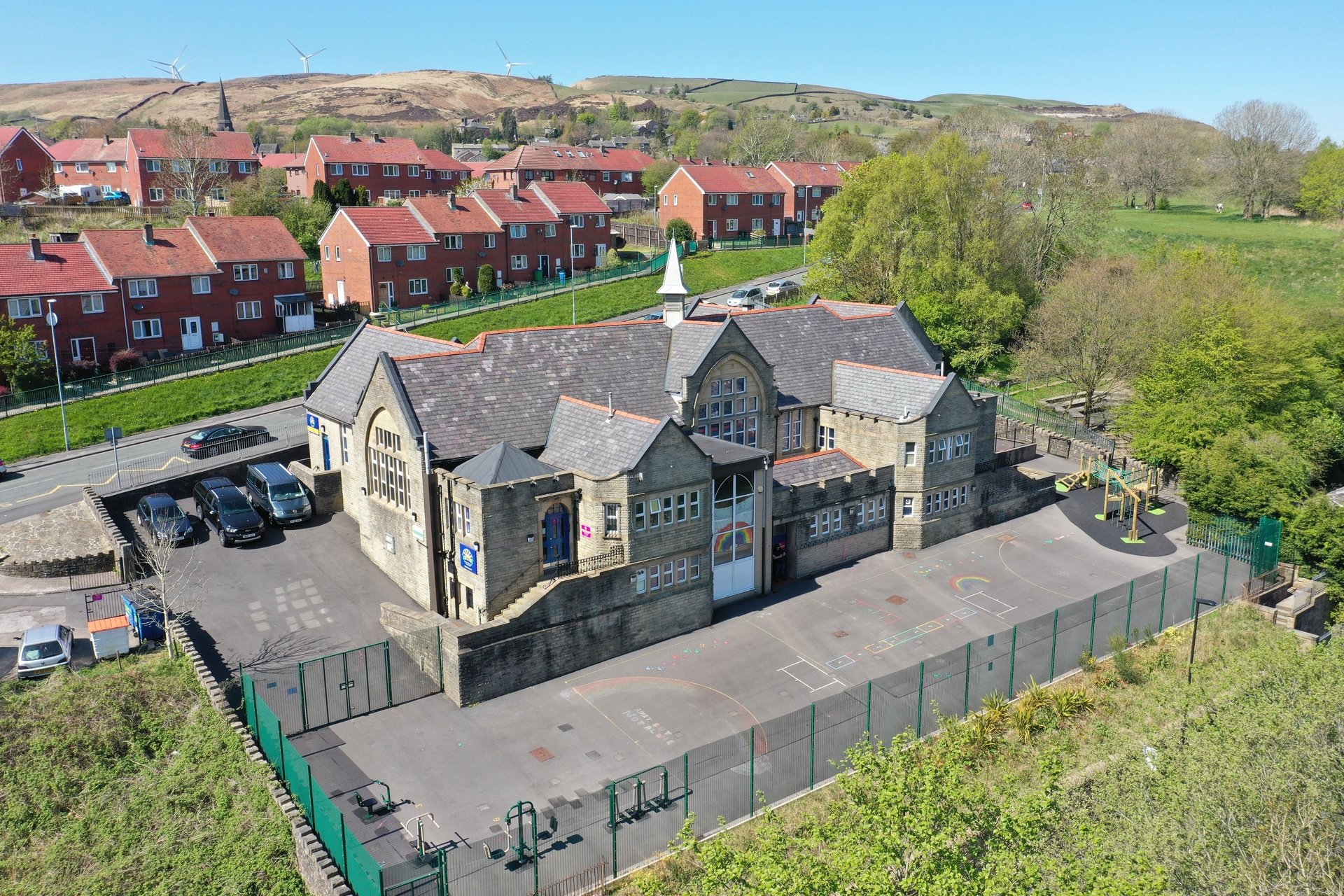In This Section
Mathematics
“Without mathematics, there’s nothing you can do. Everything around you is mathematics. Everything around you is numbers.”
Shakuntala Devi
Our approach to maths combines the national curriculum with a mastery approach. To help structure and plan our lessons, we use White Rose Maths Hub schemes of learning to ensure firm foundations and sequence our learning, using the ‘Mastery Approach’ to build a solid and long-term understanding with plenty of depth. Alongside the SOL, we use a range of rich resources to enhance our lessons and deepen understanding from websites such as NCETM and Nrich and third space learning. Our approach to maths is both skills and knowledge based. In order for children to develop into well rounded and passionate mathematicians, we aim to encourage the children’s understanding of the world around them and arm the children with the skills to approach everyday problems. Children are encouraged to make mistakes in a safe and supportive environment. They are supported to discuss these misconceptions with their peers and staff alike. The use of appropriate vocabulary is modelled throughout lessons by both staff and children, allowing everyone to ‘talk like a mathematician’. Once a child can articulate their understanding of a concept, can they truly begin to make connections within their learning.
To keep our teaching age-appropriate and always engaging, we use a staged lesson structure right across the different year groups, progressing naturally from concrete to pictorial representations through to fully abstract calculations for older pupils. Children are taught through clear modelling and have the opportunity to develop their knowledge and understanding of mathematical concepts. The mastery approach incorporates using objects, pictures, words and numbers to help children explore and demonstrate mathematical ideas, enrich their learning experience and deepen understanding at all levels. Children work on the objective at whatever entrance stage they are assessed as being at. Children can ACQUIRE the skill, APPLY the skill or DEEPEN the skill within the lesson and children move through the different stages of their learning at their own pace. Children who have shown their understanding at a deep level within the unit, will have opportunities to apply these skills in a GREATER DEPTH activity. This should be challenging and ensure that children are using more than just one skill to be able to answer the mathematical problems. Reasoning and problem solving are integral to the activities children are given to develop their mathematical thinking. Resources are readily available to assist demonstration of securing a conceptual understanding of the different skills appropriate for each year group.
We also encourage teamwork and good communication, asking pupils to evidence their workings, write and talk about maths. These are great ways for us to use maths as a way of giving learners a range of transferable skills, which will help them in their later education and working lives. Enjoyment is crucial, of course, and we work hard to provide lessons that are fun and relatable. The way we teach maths helps to provide pupils with wider life skills and awareness too, which help them in every area of their lives. Our ‘no fear’ philosophy encourages them to experiment, take risks and embrace the threat of failure as an opportunity to learn and grow. We provide a supportive space in which pupils can safely learn how to struggle and persevere, and we consciously expose them to new challenges which help to build their overall resilience. To make sure our lessons are always inclusive we focus on mathematical fluency as well as adopting a metacognitive approach. This makes learning as easy and rewarding as possible, especially for those who might otherwise have difficulties. In terms of helping our pupils connect with the wider world, our lessons explore the many possible careers choices made available through maths, and we discuss everything from working in medicine and finance through to 3D design and architecture. The fact that many of our teaching staff join us from wide-ranging professional backgrounds helps with this, giving pupils an invaluable insight into the scope of opportunities maths can provide. Above all, we make sure that our love and enthusiasm for maths is passed on in the classroom, and that every individual is given the chance to develop problem-solving skills they can really be proud of, as well as learn to their full potential.
To assist with consolidation and review, we have maths meetings three times a week. Maths Meetings are a vital part of the Mathematics Mastery programme. They consolidate learning outside of the core maths lesson and provide a fun way for pupils to practise applying their knowledge and skills on a regular basis, helping to continually build on their mastery of key concepts.









